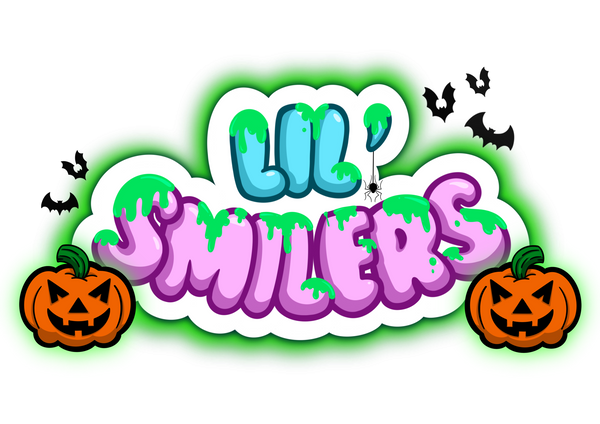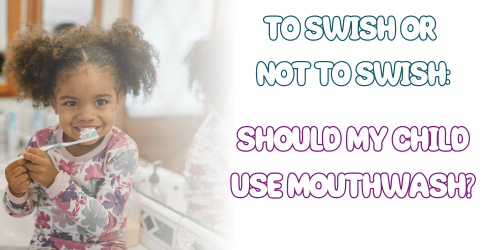As parents, ensuring the health and well-being of our children is always a top priority. We diligently look after their nutrition, hygiene, and overall development. Dental health is no exception. While instilling good oral hygiene habits from a young age is crucial, it's important to be aware of certain guidelines and recommendations, particularly regarding the use of mouthwash. For children under 6, the use of mouthwash is generally discouraged, and here's why.
Understanding the Basics of Oral Hygiene for Young Children
Before diving into the specifics of mouthwash, let’s cover some foundational oral hygiene practices for young children:
- Brushing Twice Daily: Use a soft-bristled toothbrush and a pea-sized amount of fluoride toothpaste.
- Regular Dental Visits: Schedule the first dental visit by the age of one, or within six months after the first tooth appears.
- Healthy Diet: Limit sugary snacks and drinks to prevent cavities.
Why Mouthwash Isn’t Suitable for Children Under 6
1. Swallowing Risks
Young children are still developing their swallowing reflexes and control. They may have difficulty swishing and spitting out mouthwash effectively. Ingesting mouthwash can lead to various health issues, such as stomach upset, nausea, and, in extreme cases, fluoride toxicity, depending on the type of mouthwash used.
2. Alcohol Content
Many mouthwashes contain alcohol as an active ingredient, which can be harmful if ingested. Alcohol can cause a burning sensation, which is not only unpleasant but also potentially harmful to a child's sensitive oral tissues.
3. Fluoride Concerns
While fluoride is beneficial for preventing tooth decay, excessive fluoride intake can lead to dental fluorosis, a condition that causes discoloration and pitting of the teeth. Since children under 6 are still learning proper oral hygiene techniques, the risk of them swallowing fluoride mouthwash is significant.
4. Inappropriate for Developmental Stage
Children under 6 are in a crucial stage of developing their oral hygiene habits. Teaching them to brush and floss properly is more important than introducing mouthwash at this age. Once they master these skills, they can move on to additional oral care products as they grow older.
Safe Alternatives to Mouthwash for Young Children
While mouthwash is off the table for now, there are other ways to ensure your child's mouth stays healthy and fresh.
1. Water Rinse
Encourage your child to rinse their mouth with water after meals. This simple practice helps wash away food particles and reduces the risk of cavities.
2. Dental Wipes
For very young children, dental wipes can be a gentle and effective way to clean their gums and teeth before they can manage a toothbrush.
When to Introduce Mouthwash
Mouthwash can be introduced to children over the age of 6, provided they are able to swish and spit it out without swallowing. Even then, it’s important to choose a mouthwash specifically formulated for children and consult with your child’s dentist to determine the best product and usage frequency.
Conclusion
While mouthwash can be a useful addition to an oral hygiene routine for older children and adults, it’s best to avoid it for children under 6. Focus on teaching and reinforcing good brushing habits, and ensure regular dental check-ups to keep your child’s smile healthy and bright. By taking these steps, you’ll set the foundation for a lifetime of good oral health.
Of course, when it comes to your child’s dental care, consulting with your dentist is always the best course of action. They can provide personalised advice and recommendations tailored to your child’s specific needs.
Stay informed, stay vigilant, and keep those little teeth sparkling!

